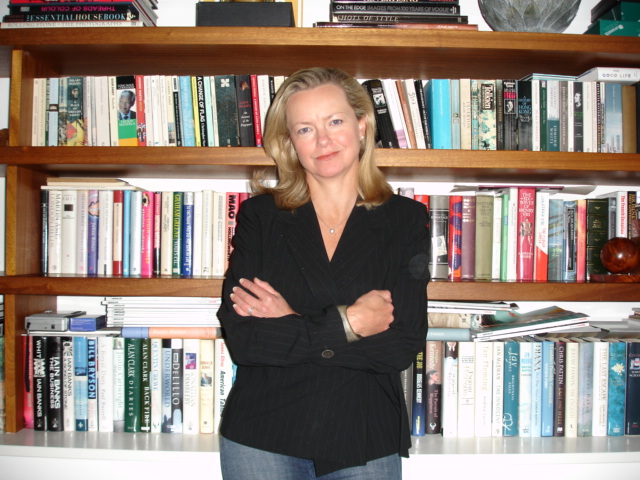
Ever wondered what happens to old journalists? Do they simply put down their pens, slip silently away from the still active herd and head off quietly in the general direction of the elephants’ graveyard? Don't be daft. Of course they don’t.
Journalists never retire. They may well retreat to the country cottage but, rest assured, there is always the odd op-ed piece to write, the odd talk to give, the odd colleagues’ lunch or an apposite lecture to attend.
There were certainly plenty of very distinguished journalists gathered at City University in London on the evening of 22nd September for the annual James Cameron Memorial Lecture – not least the two prize winners, Africa specialist Michela Wrong and pioneering film maker Michael Cockerell (who made an amusing and remarkably self-effacing speech about Cameron, the doyen of foreign correspondents, himself).
The lower rows of the lecture theatre were filled to bursting with the balding pates and silver locks of scores of Britain’s finest scribes and broadcasters. The upper tiers were equally full: of bright-eyed, shiny City journalism students, live-blogging on nifty net-books, filming the proceedings, tweeting apace.
But where were the in-betweenies? All the senior, if not quite yet venerable, experienced, maybe middle aged journalists who must form the bulwark of this country’s most respected print and broadcast organisations? Surely they can’t all have been “let go” or – perish the thought – moved into financial PR? They were certainly conspicuous by their absence.
I was hoping for some sort of explanation from our orator for the evening, Leonard Downie of the Washington Post but alas, his lecture - entitled “The New News” - threw up rather more questions than answers.
Careers in journalism simply don’t come any more glittering than Downie’s – and yet last night in London, he appeared to have nothing fresh or insightful to say about our “new journalistic era”. Instead, we had plenty of tired, old clichés, including that evocative but hoary chestnut of the “tsunami of economic, technological and social change [washing] over the news media”.
In Downie’s view, unsurprisingly, nasty, thieving aggregators like the Huffington Post are “parasites”; the blogosphere and social networks are “chaotic”. He also railed rather predictably against the cynical appeal of “news presented as entertainment and entertainment presented as news”.
For the rest, we were treated to an exhaustive enumeration of various new hyper-local news sites across America and a list of equally novel, not-for-profit, investigative news organisations – many of which were apparently staffed by professional journalists who have been made redundant. It sounded for all the world like the one-size-fits-all speech that Downie, in his newish role as Professor at the Walter Kronkite School of Journalism at Arizona State University, must be giving on a regular basis. You can download a copy of the lecture from the City website here.
I really do wish I could take heart from Downie’s enthusiastic endorsement of nascent Stateside not-for-profit journalism initiatives, such as ProPublica and the new national Investigative News Network. He also espouses an apparently steadfast conviction that scores of wealthy philanthropists are just waiting in the wings for an opportunity to invest in some mythical new, non-celebrity, transparent and accountable news service.
Yet somehow I just can’t see some rich Brit forking out to found a 21st century successor to the Scott Trust while persistent hostility towards the BBC licence fee exposes widespread reluctance among the British viewing public to underwrite credible and verifiable journalism.
In her rather shorter acceptance speech, Michela Wrong spoke movingly about former colleagues who are now no longer able to make a reasonable living from journalism. Well, I was moved and I am one of them. She suggested that, although protracted, this turbulent "period of adjustment" would eventually end. After the lecture, as London's journalistic élite queued for the sushi and the Shiraz, the consensus was that Wrong had said more in her five minutes than Downie had managed in fifty.


